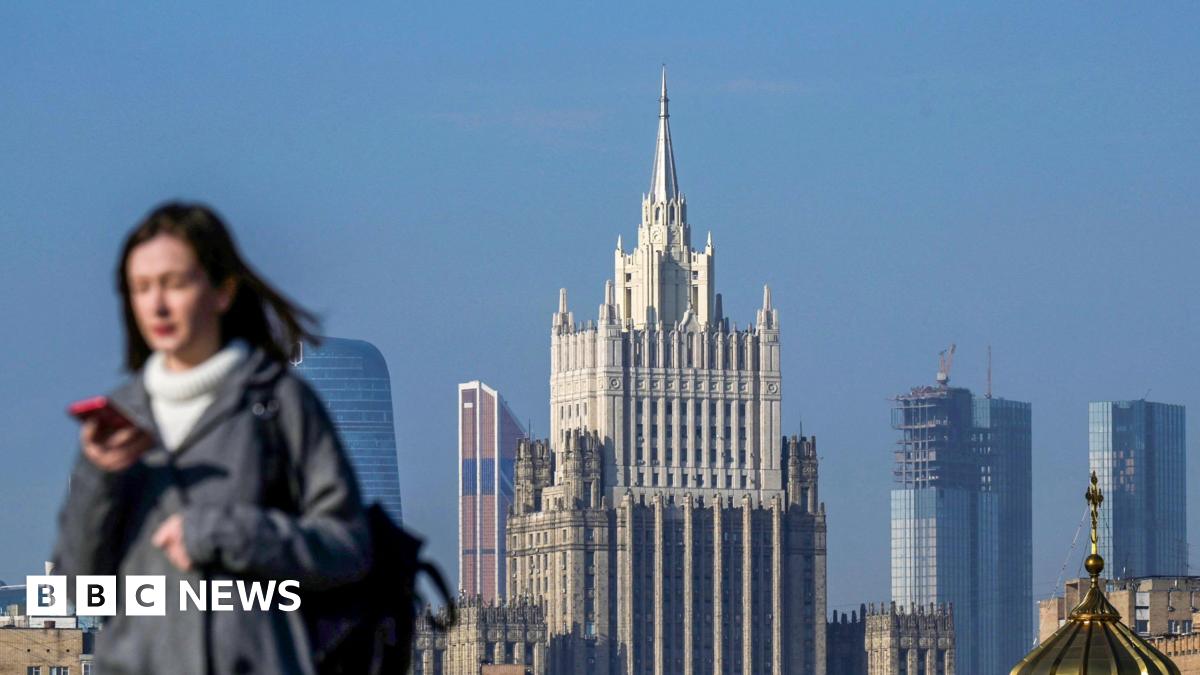In Krasnoyarsk, a city of more than a million people in Siberia, mobile internet vanished citywide for three days in July and still works poorly.
Some officials rejected complaints, with one Krasnoyarsk bureaucrat suggesting remote workers who lost income should “go and work for the special military operation”, as the war in Ukraine is known in Russia. She later apologised.
The government is now working on a scheme that will allow Russians to access only vital online services during shutdowns, such as banking, taxis, deliveries – and the Max messenger.
This is a dangerous step, warns Sarkis Darbinyan, lawyer and co-founder of digital rights group RKS Global.
“There’s a possibility the authorities will use this measure for other goals apart from fighting drones,” he tells the BBC.
He believes the Kremlin’s current approach to the internet mirrors Beijing’s.
“Unlike the Chinese, Russians have spent decades enjoying cheap, fast internet and foreign platforms,” he says. “These services became deeply ingrained not only in people’s daily lives but also in business processes.”
For now those who are wary of installing Max on their devices can still find a way around it.
Marina from Tula says her mother, a school teacher, was instructed to download the messenger but claimed to her superiors that she didn’t have a smartphone.
People can still call each other using regular mobile networks, although that is more expensive, especially when talking to someone abroad – and not secure.
There are other means available too, like using VPNs or alternative messaging apps, previously reserved for tech nerds and those handling sensitive information.
But as government control over the internet increases, fewer and fewer people will find ways to escape it – and that is assuming the internet is still available for them to try.
Additional reporting by Yaroslava Kiryukhina
